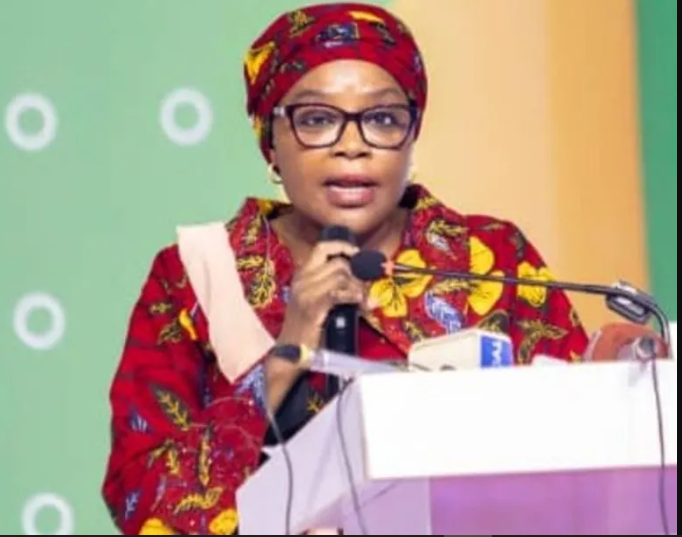The Executive Secretary of the Universal Basic Education Commission (UBEC), Aisha Garba, has pledged that by 2030, Nigeria will record a significant reduction in the number of out-of-school children, in line with President Bola Ahmed Tinubu’s Renewed Hope Agenda.
Garba made the commitment while outlining the commission’s strategies to strengthen teacher training, improve infrastructure, and deepen community engagement as part of efforts to transform the country’s basic education system.
“My boldest commitment is to the president’s vision, that by 2030, we will drastically reduce the number of out-of-school children, and every Nigerian child, regardless of gender, location, or economic background, will have access to quality basic education in safe, inclusive, and stimulating learning environments,” she said.
She noted that UBEC is focused not only on access but also on ensuring that all children complete their education successfully.
While expressing confidence in achieving the target, Garba stressed that education reform requires political will, consistent funding, and sustained collaboration. “By maintaining and scaling these efforts, I am confident we can reach our targets and ensure quality education for every child,” she added.
The UBEC boss revealed that the commission is engaging religious institutions, state governments, and local communities to dismantle barriers that hinder school enrolment, especially among disadvantaged groups. She pointed out that cultural and economic factors continue to fuel resistance to formal education in some parts of the country.
Highlighting the plight of the girl child, Garba said female children are often the most affected by cultural norms that undervalue their education. “Unfortunately, females are hardest hit by culturally moulded notions that they are future wives and mothers, with their roles in the household valued more than formal education. We see practices of early marriages and views that girls will eventually leave and belong to their husband’s family. In this case, the boy’s education is often prioritised,” she explained.
She, however, expressed optimism that UBEC’s engagement with stakeholders would improve enrolment and retention rates for girls and other vulnerable groups, ensuring that Nigeria moves closer to universal access to basic education by 2030.

